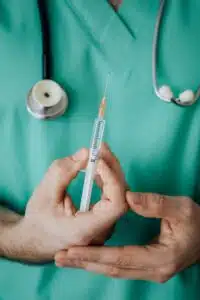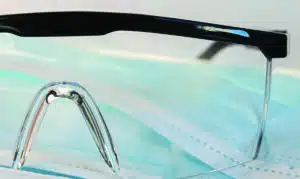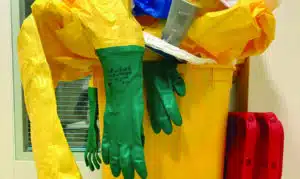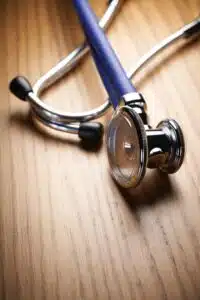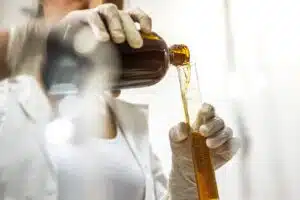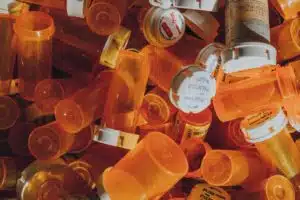What Makes Biohazard Containers Safe?
From doctor’s offices and dental practices to tattoo parlors and medspas, biohazard containers are essential for the safe disposal of hazardous materials. Since you want to keep your staff, patients and customers safe, using a biohazard container that meets appropriate standards is important. And using a waste disposal service to provide these kinds of materials…
Read MoreMedical and Biohazardous Waste: Compliance Definition and Why It Matters
Every day, medical facilities worldwide generate a vast amount of hazardous waste. This waste must be disposed of safely and responsibly, and that’s where compliance comes into play. Compliance is a set of regulations designed to ensure the safe disposal of medical waste and biohazards to protect the public and the environment. The medical waste and biohazard…
Read MoreWhat Is A Biohazard?
Biohazardous waste, also known as infectious waste (such as blood, body fluids, and human cell lines), is defined as a type of waste contaminated with potentially infectious agents or other materials that are deemed as a threat to public health or the environment. This article will explain everything you need to know about biohazards, including…
Read MoreHow to Dispose of Medical Waste
Medical waste must first go through a sterilization process before being disposed of. This applies to waste that cannot be recycled, like gauze or needles, that must be made sanitary and non-hazardous. The process of disposing of medical waste is typically done by using an autoclave, which uses steam to sterilize equipment and other objects.…
Read MoreWhat types of waste do medical disposal companies handle?
Medical waste disposal companies handle a variety of materials from doctor and dentist offices, laboratories, pharmacies, and hospitals. Waste that requires special disposal can include anything from used needles and syringes to open wound dressings and soiled sheets. By regulating medical waste disposal, cities, states, and federal organizations can protect the public from infection or…
Read MoreHow to Ensure OSHA Compliance in your St. Louis Doctor’s Office
A critical duty in your medical practice is ensuring that you’re compliant with the Occupational Safety and Health Act 1970 (OSHA). OSHA inspectors may visit your office if someone makes a complaint, prompting a safety audit. Whether or not it comes to that, following OSHA regulations is essential for protecting your employees from harm, maintaining your practice’s…
Read MoreBest Pharmaceutical Waste Disposal Service Methods
Strict laws govern how medical offices and companies can dispose of their waste. It’s crucial––to ensure your organization remains compliant––to work with an experienced and professional waste disposal service. Some people don’t know the regulations for pharmaceutical waste and medical waste differ, and there are different laws for hazardous waste and DEA-listed pharmaceuticals. This blog…
Read MoreQuick guide to hazardous waste disposal in St Louis
For many industries, generating hazardous waste is simply inescapable. That’s why it’s a good thing that there are certain procedures in place for safely disposing of them. If your business generates hazardous waste, it’s important to know how to properly dispose of them. Failure to do so can land your business in serious trouble. In…
Read MoreHow to Make Sure Your Dentist Office Is Medical Waste Compliant
Like most dental offices, you likely have numerous patients coming and going daily for various procedures and treatments. This means your practice probably generates a substantial amount of waste—some of which is considered hazardous. For this reason, you and others in your office need to know how to dispose of medical waste properly to keep…
Read More